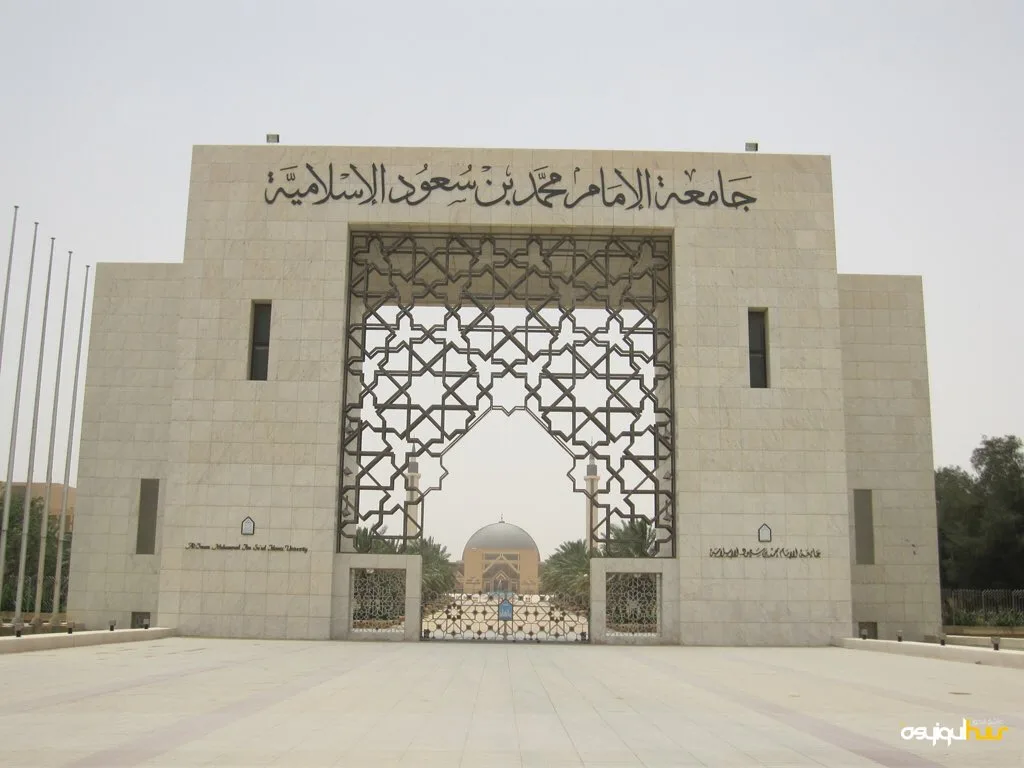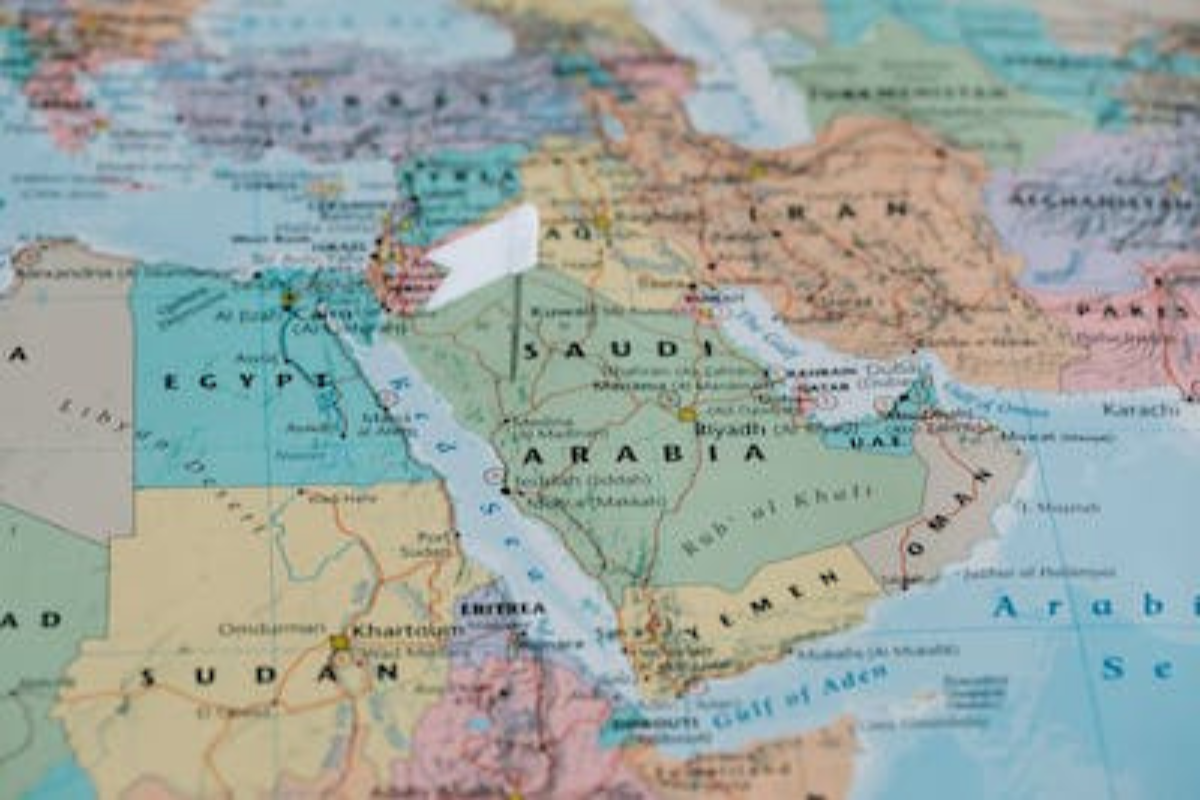Highlights
I. Introduction
A. Background on Saudi Arabia’s labor market
B. Importance of work visas for foreign workers
C. Introduction of the new three-month temporary work visa
II. Eligibility Criteria
A. Nationalities eligible for the Saudi Arabia Work Visa
B. Job categories and industries
C. Required qualifications and experience
III. Application Process
A. Gathering necessary documents
B. Sponsorship and invitation letter
C. Online application and fees
D. Visa approval and processing time
IV. Benefits and Limitations
A. Advantages of the three-month temporary work visa
B. Restrictions and limitations
C. Potential for visa extension or conversion
V. Living and Working in Saudi Arabia
A. Cultural considerations
B. Legal obligations and worker rights
C. Cost of living and accommodations
VI. Frequently Asked Questions (FAQ) Section
VII. Conclusion
A. Summary of the three-month temporary Saudi Arabia Work Visa
B. Potential impact on Saudi Arabia’s economy and foreign workforce
C. Final thoughts and recommendations

Over the years, Saudi Arabia has become a popular destination for foreign workers seeking job opportunities in various industries. The country’s vast oil reserves, diversified economy, and ambitious development projects have constantly demanded skilled professionals. In response to this demand, the Saudi government has introduced a new three-month temporary work visa designed to simplify and streamline the process for foreign workers looking to contribute to the Saudi economy. In this article, we’ll dive into the details of this new Saudi Arabia Work Visa option and provide valuable information for those considering it.
Eligibility Criteria
To be eligible for the Saudi Arabia Work Visa, applicants must meet specific criteria, which vary depending on the job category and industry. First and foremost, the applicant must be a national of a country that has a visa agreement with Saudi Arabia. They must also have the qualifications and experience to work in the specified job category.
Some job categories, such as healthcare, engineering, and education, may require additional certifications or licenses. It is essential to research the specific requirements for your desired job category before applying for the visa.
Application Process
- The three-month temporary work visa application begins with gathering the necessary documents. These typically include:
A valid passport with at least six months remaining before expiration.
Two recent passport-sized photographs.
A copy of the employment contract or offer letter from the Saudi employer.
Proof of educational qualifications and work experience.
Once these documents are in order, applicants need a sponsorship from their employer and an invitation letter confirming their employment. The Saudi Chamber of Commerce and the Ministry of Foreign Affairs must notarize and attest to this letter.
Next, applicants can submit their visa application online through the Enjaz website, the official government portal for visa services. A non-refundable visa fee will also be required, which varies depending on the applicant’s nationality and the type of visa. After applying, applicants can expect a processing time of approximately two to four weeks.
Benefits and Limitations
- The three-month temporary work visa benefits foreign workers and their Saudi employers. These advantages include the following:
- A simplified application process, making it easier and quicker for foreign workers to obtain a visa.
- A short-term option for employers looking to fill temporary or seasonal positions.
- Potential for visa extension or conversion to a longer-term work visa, depending on the worker’s performance and employer’s needs.
- However, the temporary work visa also comes with some limitations:
- More than the visa’s duration may be needed for some job categories, especially those requiring extensive training or onboarding.
- Visa holders may face restrictions on their ability to switch jobs or employers during their stay.
- The temporary nature of the visa may affect the worker’s ability to secure long-term housing and other accommodations.

Living and Working in Saudi Arabia
Foreign workers planning to live and work in Saudi Arabia should be aware of the cultural and legal considerations they will face. The country’s conservative culture may require some adjustment, particularly for those from more liberal societies. Respecting local customs, such as the dress code and prayer times, is essential to avoid misunderstandings or legal issues.
Additionally, foreign workers must know their legal obligations and rights within the Saudi labor market. It includes understanding the terms of their employment contract, their entitlement to benefits, and the procedures for resolving any disputes that may arise. It’s also important to have a realistic understanding of the cost of living in Saudi Arabia and the availability of housing and other accommodations.
Frequently Asked Questions (FAQ)
Q1: What happens if my three-month temporary work visa expires, but I still have ongoing work in Saudi Arabia?
A1: If your visa expires, but you still have ongoing work, you may be able to apply for a visa extension or conversion to a longer-term work visa. This decision will depend on your employer’s needs and your job performance. It’s essential to discuss your situation with your employer well before your visa expiration date to ensure a smooth transition.
Q2: Can my family accompany me on the three-month temporary work visa?
A2: The temporary work visa does not automatically grant family visitation rights. However, you can apply for a separate family visit visa for your spouse and children. Remember that the process and requirements for a family visit visa differ from those of a work visa and may require additional documentation and fees.
Q3: Are there any restrictions on the type of work I can do on the three-month temporary work visa?
A3: Yes, the temporary work visa is for the job and employer specified in your application. Any changes to your job or employer may require you to apply for a new visa or face potential legal consequences. It’s essential to consult with your employer and the relevant Saudi authorities if you’re considering changing jobs while on this visa.
Conclusion
The new three-month temporary Saudi Arabia Work Visa offers a promising solution for foreign workers and Saudi employers seeking to fill short-term job positions. With its simplified application process, flexible duration, and potential for extension, this visa could significantly impact Saudi Arabia’s economy and foreign workforce. However, it’s essential for applicants to thoroughly understand the eligibility criteria, application process, and limitations of the visa before committing to this option. By staying informed and well-prepared, foreign workers can make the most of their opportunity to contribute to Saudi Arabia’s thriving economy.

